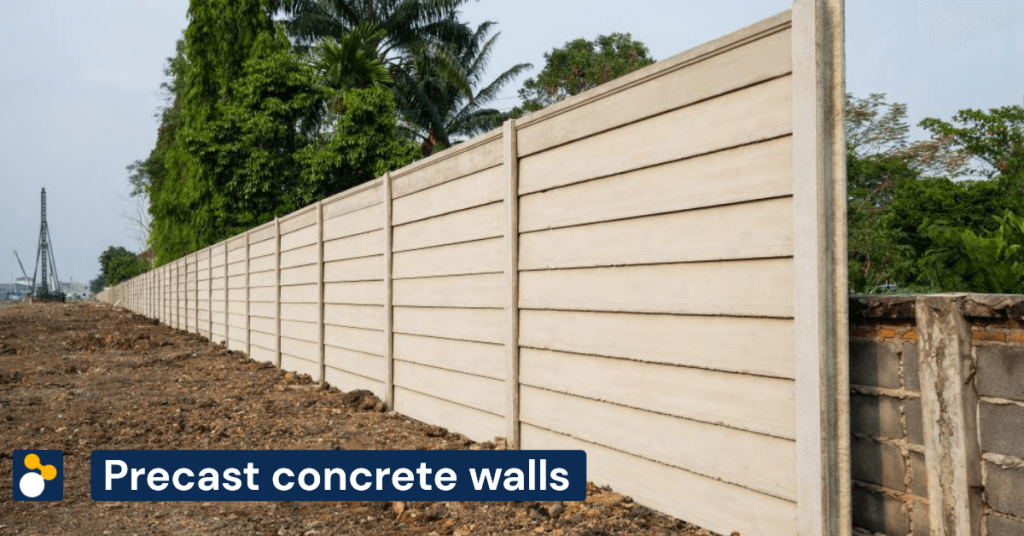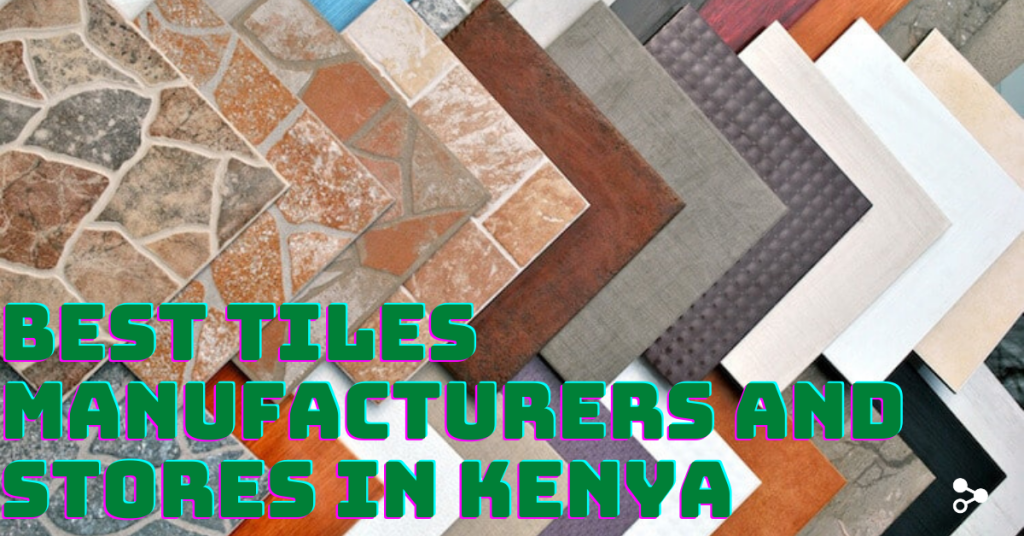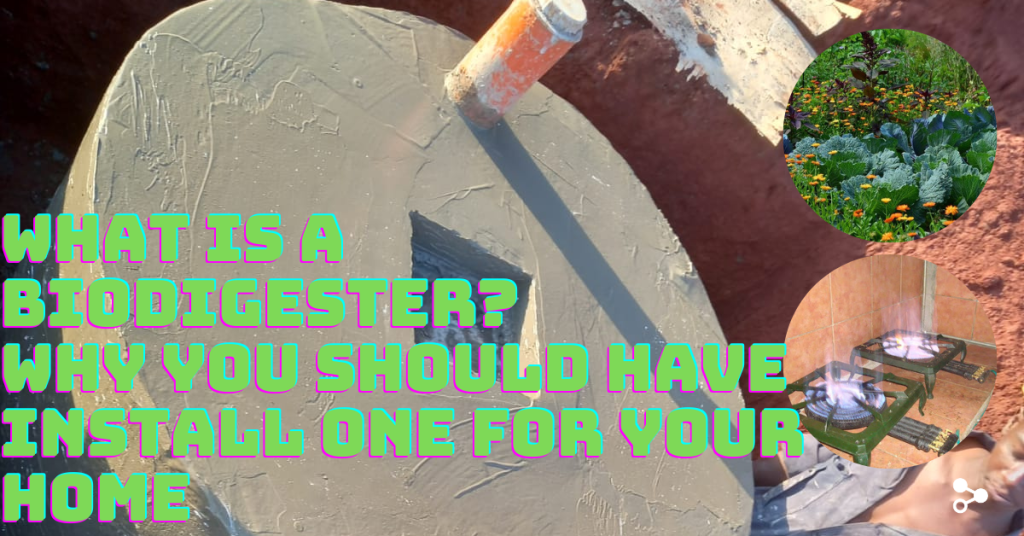Precast concrete walls have become a popular choice in construction due to their many advantages. These walls are manufactured off-site in a controlled environment, allowing for higher quality control and efficiency in the construction process.
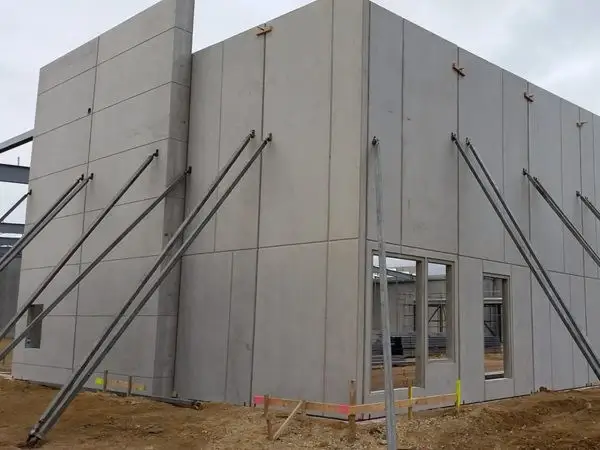
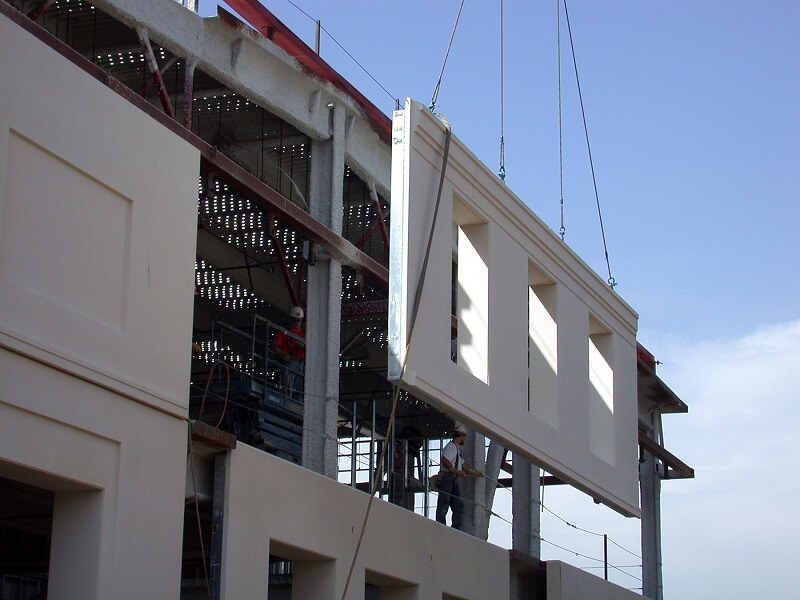
Here are some key benefits of using precast concrete walls in construction:
1. Cost-effective
Precast walls can be produced in large quantities, reducing the overall cost of materials and labor. The controlled manufacturing process ensures that there is less waste, and fewer workers are required on-site, which further lowers construction costs.
2. Speed of construction
Precast walls are manufactured off-site and can be quickly transported to the construction site, ready for installation. This reduces the time needed for on-site construction, allowing for faster project completion.
3. Durability
Concrete is a strong and durable material, and precast walls are no exception. They can withstand harsh weather conditions, fire, and seismic activity, making them a reliable option for long-term use.
4. Customizable
Precast concrete walls can be customized to suit the needs of the project. They come in various sizes, shapes, and finishes, allowing for a range of design options. The walls can also be pre-fitted with electrical and plumbing services, making the construction process even more efficient.
5. Sustainability
Precast concrete walls are an eco-friendly option as they are made from locally sourced materials and can be easily recycled. They are also energy-efficient, as their thermal mass can regulate indoor temperatures, reducing the need for heating and cooling systems.
6. Low maintenance
Once installed, these walls require minimal maintenance. They are resistant to mold, rot, and pest infestations, making them an ideal choice for structures that need to be hygienic and sanitary, such as hospitals or food processing plants.
Conclusion
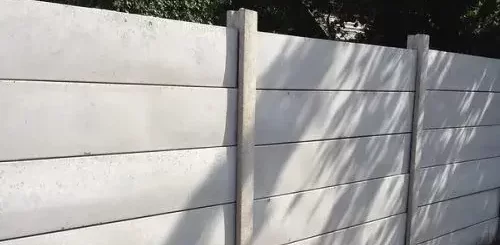
In summary, precast concrete walls offer a range of benefits in construction, including cost-effectiveness, durability, speed of construction, customizability, sustainability, and low maintenance.
These advantages have made them a popular choice for various types of buildings, from residential to commercial and industrial structures. With the demand for sustainable and efficient building solutions on the rise, these walls are sure to continue growing in popularity.

